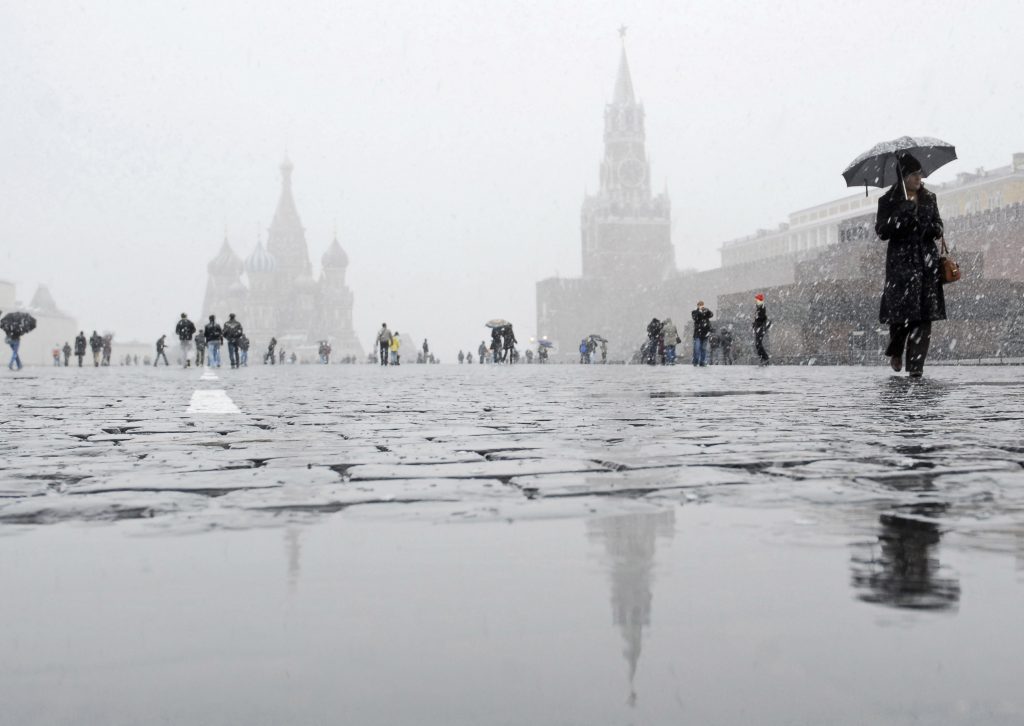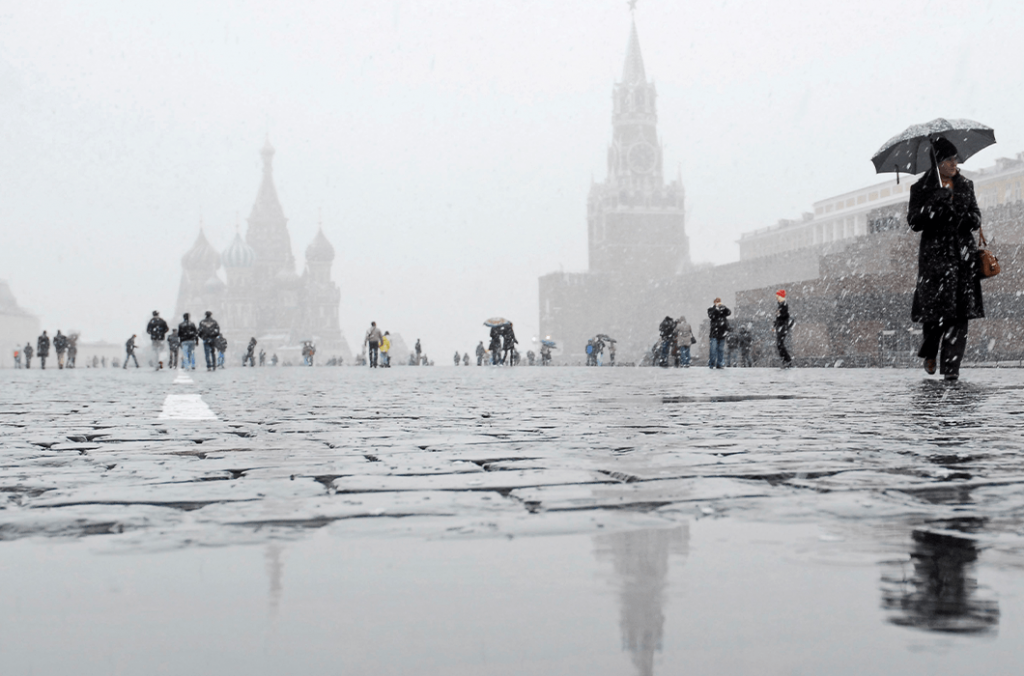On October 5, the Eurasia Center hosted an online panel with experts on Russian politics to celebrate the English-language launch of “Lubyanka federation“—a groundbreaking report on Russia’s Federal Security Service, or FSB, by the Dossier Center. The report, which combines insight into the inner workings of the Russian security services with confidential services, sheds light on the ways that the FSB heavily influences politics and economics in modern Russia.
Ambassador John Herbst, director of the Atlantic Council’s Eurasia Center, moderated a discussion with panelists Irina Borogan, investigative journalist and deputy editor of Agentura.ru, Luke Harding, senior international correspondent at the Guardian, Charles McGonigal, senior vice president of Global Security and Life Safety at Brookfield Properties and Former Special Agent in Charge at the Counterintelligence Division in the Federal Bureau of Investigation’s New York Office, and Dr. Louise Shelley, director of the Terrorism, Transnational Crime and Corruption Center at George Mason University.
Maria Logan, director of the Future of Russia Foundation, offered opening remarks. She explained that, due to the sensitive nature of their work, the authors of the report could not attend the event and encouraged those able to read the report in its original Russian to do so. This report, she argued, has the potential to enable Russian and non-Russian courts to open criminal investigations into corruption.
After welcoming remarks, Ambassador Herbst gave a brief summary of the report’s findings and its context. Herbst emphasized that the FSB does not just perform a bureaucratic role but also serves as a means for internal and external factions to advance their own economic and political interests.
“The true revelations are not about the evildoings of the FSB—we’ve known about that for some time,” noted Ambassador Herbst. “It’s about the internal divisions within the FSB, the fact that this organization, which is always described as a pillar providing security to President [Vladimir] Putin and Russia, is in fact characterized, at least partly, by serious factionalism and dissension, which could have unpredictable consequences.”
Borogan and McGonigal highlighted the FSB’s role in eroding the rule of law in Russia, noting that the FSB now serves as a tool for political repression and engages in organized crime. Harding and Dr. Shelley commented on the international implications of the FSB’s influence in Russian politics and economics: the Russian government and its agents move billions of dollars overseas every year, enabling organized crime groups to operate across borders. All four panelists emphasized that factionalism within the FSB breeds both massive and petty corruption.
Borogan was asked to compare the Soviet Union’s KGB and Russia’s FSB. She noted that the KGB was well controlled by the Communist Party, while the FSB is almost too large to be controlled at all; the FSB is nominally subordinate to President Vladimir Putin, but unconstrained by parliamentary oversight.
The event underscored the extent to which the FSB has permeated Russian politics and economics. Widespread corruption and the abuse of power for political gain continues to characterize the FSB. However, the Lubyanka report provides a new, more complete understanding of the organization that may mark the first step towards reform.
Sabrina Hernandez is an intern with the Atlantic Council’s Eurasia Center.

The Eurasia Center’s mission is to promote policies that strengthen stability, democratic values, and prosperity in Eurasia, from Eastern Europe in the West to the Caucasus, Russia, and Central Asia in the East.
Image: People walk across Red Square during first snow in Moscow October 14, 2007. Seen in the background are St Basil's Cathedral and the Kremlin. REUTERS/Yushko Oksana (RUSSIA)

